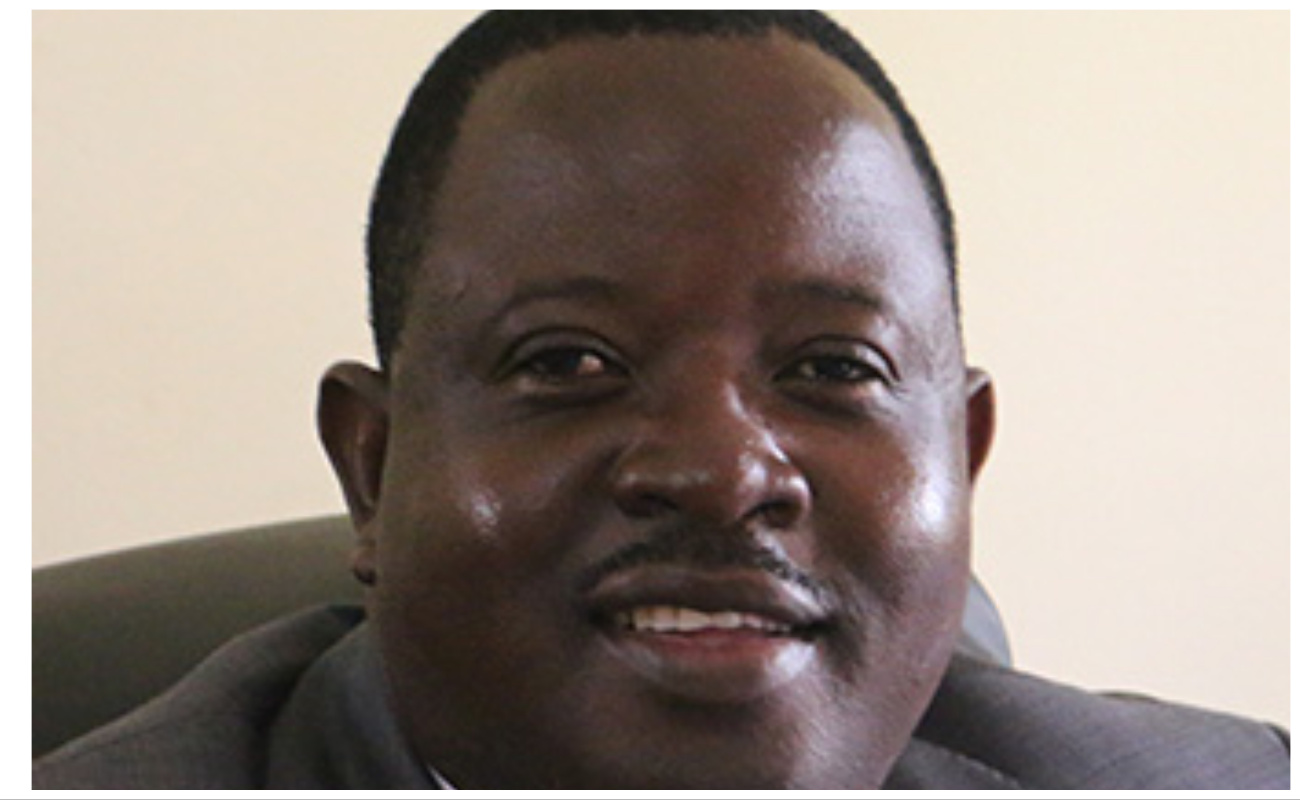Surge in Traditional Herbal Market Amidst Escalating Drug Costs and Health System Deterioration
Amid soaring prices of prescription drugs and a deteriorating public health system, people are turning to traditional herbal markets in large numbers, according to experts this week.
The relentless economic crisis in Zimbabwe has put immense pressure on the public health delivery system, prompting a surge in demand for alternative medicines. The Medicines Control Authority of Zimbabwe (MCAZ) has cautioned against the use of unregistered medicines, emphasizing the importance of safety and efficacy.
Vital drugs, readily available in private hospitals and pharmacies, remain out of reach for the majority of Zimbabweans due to affordability issues. With an inflation rate estimated at 47.6% in February and a rapidly depreciating domestic currency, consumer purchasing power has significantly eroded. Private healthcare providers often require payment in United States dollars, further excluding many from accessing essential medical services.
As a result, millions of Zimbabweans are turning to traditional medicines despite the associated risks highlighted by experts. This shift echoes the health crisis of 2008 when hyperinflation caused the domestic currency to crash, leading to the collapse of state hospitals and clinics.
According to Itai Rusike, a public health specialist, patients are facing growing challenges in accessing medications from public health institutions.
“Devaluation and consequent inflation have increased the cost of drugs for consumers,” Rusike said.
“Foreign currency shortages undermine drug purchases, hence the significant drop in drug availability at urban and rural clinics due to the increased stock-outs of vital drugs, reducing confidence in the system.
“This represents an unfair cost burden on poor communities. It also opens the way for the growth of private unregulated drug markets and traditional herbal medicine is clearly one way that poor communities are making up for the falling availability of and access to western medicines,” he said.
Nevertheless, George Kandiero, the president of the Zimbabwe National Traditional Healers Association (Zinatha), warned against the consumption of herbal medicines sold in informal settings such as street markets and other clandestine venues.
ALSO READ: Zimbabwean Workers Accuse Chinese Manager at Sabi Star Lithium Mine of Racial Abuse
“It is very unhygienic for you to be selling your wares on 4th Street (a common herbal medicine market in Harare),” he said, emphasising that patients must make use of registered traditional healers.
“The advantage of someone (a traditional healer) who is registered is that you are thoroughly inspected and there are standards that you must follow.
“At times you see some of the funny things that people are putting into their bodies, which are very harmful. They don’t know how long they would have stayed on the streets.
“The credibility of registered practitioners is being put at risk. This happens in any other profession where someone is doing a shady job. People end up thinking everyone who is in that profession does the same. Something should be done,” Kandiero added.

For comments, Feedback and Opinions do get in touch with our editor on WhatsApp: +44 7949 297606.
